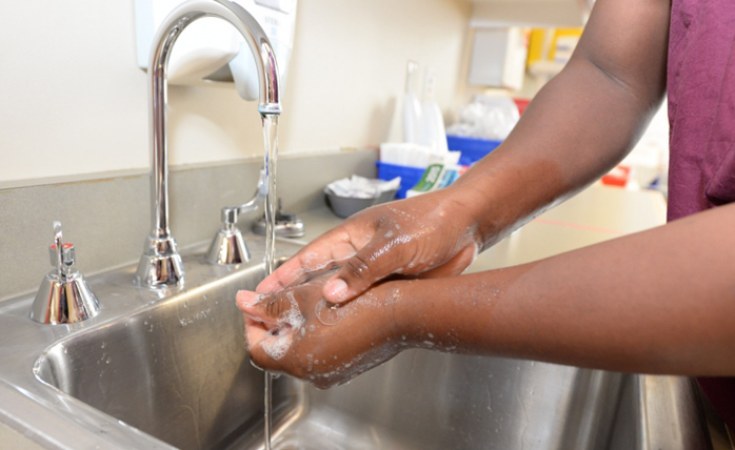An extensive global study by International Labour Organisation, WaterAid, World Bank and World Health Organization reveals that millions of sanitation workers in the developing world are forced to work in conditions that endanger their health and lives.
Mercy Masoo, WaterAid Malawi's Country Director
The study was unveiled during the commemoration of World Toilet Day under the theme 'Leaving No One Behind', which says despite providing an essential public service, these workers are often the most marginalised, poor and discriminated against by members of their own society.
These important social services workers, the study says, carry out their jobs with no equipment, protection or legal rights and often violating their dignity and human rights.
Their jobs can include cleaning toilets, emptying pits and septic tanks, cleaning sewers and manholes and operating pumping stations and treatment plants.
Mercy Masoo, WaterAid Malawi's Country Director says: "Everyone goes to the toilet and everyone is put at risk of deadly waterborne disease if the waste is not properly dealt with.
"Sanitation workers carry out some of the most important roles in any society.
"It is shocking, therefore, that sanitation workers are forced to work in conditions that endanger their health and lives and must cope with stigma and marginalisation, rather than have adequate equipment, recognition and celebration of the life-saving work they carry out.
"People are dying every day from both poor sanitation and dangerous working conditions -- we cannot allow this to continue.
"We call upon the government, health care facilities, councils and private employers to provide equipment and improve working conditions for sanitation workers.
"We also call upon government to put in place necessary policies and enforce such policies," Masoo said.
To contribute towards achieving Sustainable Development Goal 6, which promises sanitation for all by 2030, WaterAid is working to make clean water, decent toilets and good hygiene normal for everyone, everywhere within a generation.
The international not-for-profit organisation works in 28 countries to change the lives of the poorest and most marginalised people.
Since 1981, WaterAid has reached 27 million people with clean water and 27 million people with decent toilets.
Today, about 785 million people in the world -- one in 10 -- do not have clean water close to home; 2 billion people in the world (almost one in four) do not have a decent toilet of their own and around 310,000 children under five die every year from diarrhoeal diseases caused by poor hygiene, water and sanitation.


